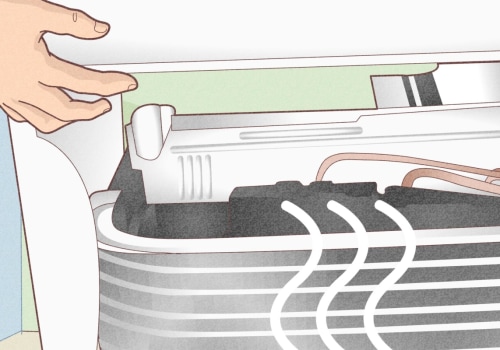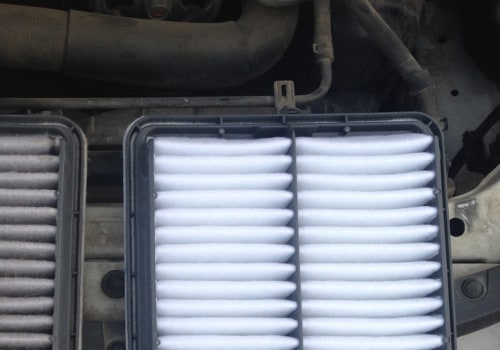When it comes to protecting yourself and your building from COVID-19, air and HVAC filters can play an important role. Cleaning or filtering the air alone is not enough to protect people from the virus, but when used correctly, it can help reduce airborne contaminants, including viruses, in a small building or space. But what do you need to know to keep you and your building safe? Can building air filtration protect me from contracting COVID-19? The answer is not a simple yes or no. While there is no direct scientific evidence of benefit, reduced exposure can reasonably be inferred based on the ability of some filters to remove particles containing a SARS-CoV-2 virus. When it comes to protecting yourself and your building from COVID-19, air and HVAC filters can play an important role. Cleaning or filtering the air alone is not enough to protect people from the virus, but when used correctly, it can help reduce airborne contaminants, including viruses, in a small building or space. But what do you need to know to keep you and your building safe? Can building air filtration protect me from contracting COVID-19? The answer is not a simple yes or no. While there is no direct scientific evidence of benefit, reduced exposure can reasonably be inferred based on the ability of some filters to remove particles containing a SARS-CoV-2 virus.
For filters to have any impact on the transmission of infectious diseases, transmission must occur through the air route, filters must be properly installed and maintained in systems suitable for treating recirculated air, and filters must be designed appropriately for the building in which they are used. What filter should I use to protect people in my building from COVID-19? Hospitals (and many health centers) have specially designed mechanical systems that can adapt to the levels of filtration they need. They are often based on other control systems and strategies (e.g., ventilation, air exchange rate, etc.), and most importantly, they have dedicated staff who operate and maintain this equipment to provide maximum benefit. What about ultraviolet (UV) lamps? Do they work? What about ionizers, ozone generators, plasma and other air cleaning technologies? None of these technologies have been shown to reduce infection in real buildings, even if they are promising based on tests conducted in a laboratory or in an idealized environment.
Some of them have substantial concerns about secondary issues (such as ozone production). What about portable air filters? Yes, most public health guidelines suggest that transmission of COVID-19 is predominantly associated with large droplets. This is why air filtration is only a small part of a solution, since it generally does not address transmission by contact with the surface or by close contact between people. However, the distinction between droplets and particles in the air is the size of the particles.
We know that (a) droplets can remain in the air for long periods of time (for example, DNA and RNA from other viruses, which are generally associated with droplets, have been found in the filters used). What precautions should I take when changing filters? In general, it is prudent to assume that filters have microbiological active material on them. It is not known if this represents a significant risk of infectious disease from viruses, but the precautionary principle would suggest that care should be taken. This becomes particularly important in any building (including a home) where there are known or probable cases of an infectious disease, including COVID-19, and it also extends to portable air purifier filters and vehicle cabin air filters.
Filters should be replaced with the system turned off, with gloves, with respiratory protection if available, outdoors if possible and discarded in a sealed bag. Where can I go for more information? Scientific advances in filter design and manufacture have reduced the amount of increased pressure drop and its resulting impact on HVAC operations, but not all filters have adopted the newest technology. Use protection when changing the filter, as particles inside the filter may contain live viruses. Filters should be replaced with the system turned off, with gloves, with respiratory protection if available, outdoors if possible and discarded in a sealed bag. Where can I go for more information? Scientific advances in filter design and manufacture have reduced the amount of increased pressure drop and its resulting impact on HVAC operations, but not all filters have adopted the newest technology. Use protection when changing the filter, as particles inside the filter may contain live viruses.



